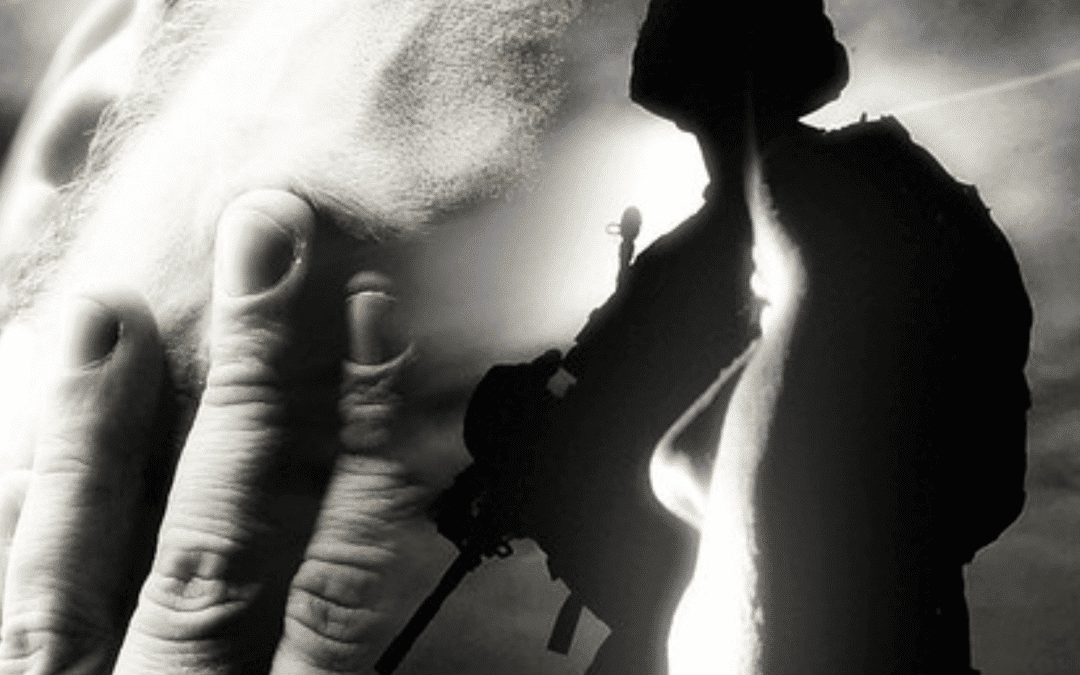Military veterans and first responders encounter trauma at a rate higher than 20 percent of the average person.
While on the job, individuals in this field of work are capable of experiencing traumatic events every year to protect others’ lives.
“In a 2017 study involving 5,826 United States veterans, 12.9% were diagnosed with PTSD. This is a strikingly high rate compared to the incidence of PTSD among the general population: Just 6.8% of the U.S. population will experience PTSD at any point in their lives.”
Hill & Ponton
While some argue that veterans and first responders post traumatic stress is inevitable, as an individual serving in this field of work or an individual who has a loved one in this field, it’s important to know the steps to implement to prevent post traumatic stress after trauma.
Although there is currently no cure to prevent post traumatic stress after trauma, here are a few recommendations in regard to protective factors to mitigate post traumatic stress from Trauma, PTSD, and Resilience:
- Share the trauma with a loved one
- Continue to make contact and connect with people
- Maintain the use of positive emotion and laughter
- Search for positive meaning in the trauma
- Assist others in their healing process
- Identify as a survivor, not a victim
- Believe that you can cope and manage your feelings
The difficult part is that many of our veterans and first responders never seek any help. They are often in a position where they are used to assisting others, and it’s often difficult for them to ask for help.
Remember, if you are a military veteran or a first responder, you are not alone, you are loved, and you are needed. If you have a loved one who is a veteran or a first responder, we are grateful that you are aware and hope you politely share these tips with your loved ones.
“Getting past the stigma to seek treatment is hard. Once a person does that, they are more likely to receive the healing they need. Everyone builds resilience to trauma differently. The more supportive and trustworthy the people who surround first responders are, the better off they are. It is important to learn how to handle what they see without returning to old behaviors. With the right support and healing, this is possible as they learn to manage their experiences and find hope for the future.”
Strive Cares

